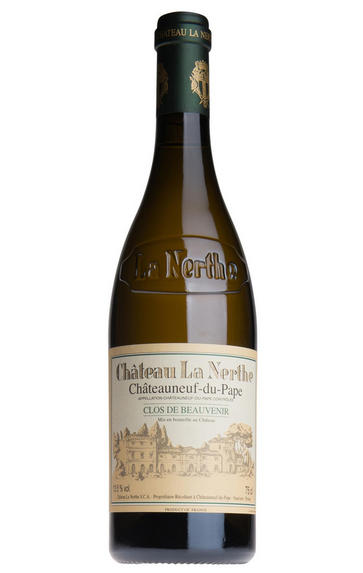
2013 Châteauneuf-du-Pape Blanc, Clos de Beauvenir, Château La Nerthe, Rhône
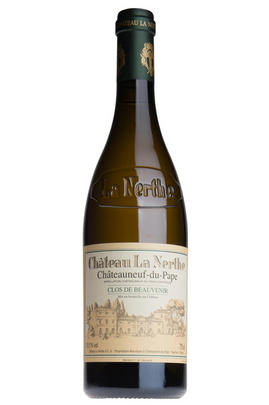
Critics reviews
Jeb Dunnuck - 31/10/2014
About this WINE
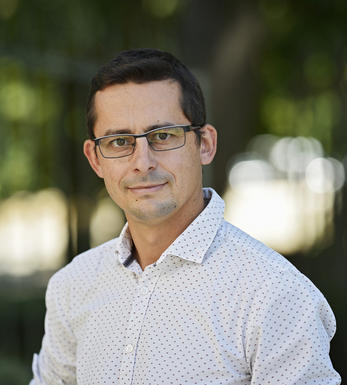
Chateau la Nerthe
Château la Nerthe is a stunning, 500-year-old property becoming ‘one to watch’ in recent years. Working organically since 1998, its 57 parcels on various soils and expositions produce a seamless, complex Châteauneuf-du-Pape. The care taken in both vineyard and cellar has resulted in seriously impressive wines. This property is, absolutely, a worthy rival to the likes of Château de Beaucastel. Winemaker Rémi Jean is as inspiring as the terroir – his understanding of the multiple plots and attention to detail is impressive.
Château la Nerthe’s remarkable terroir produces beautiful wines, year-in, year-out. Rocky, clay and sandy soils combined with natural springs imbue the wines with wonderful freshness and minerality. Rémi says Grenache gives his red blends “magic”, Mourvèdre brings complexity and Syrah provides structure. The very special top white cuvée, Clos de Beauvenir, comes from a single, walled plot: an old castle garden in front of the historic château.
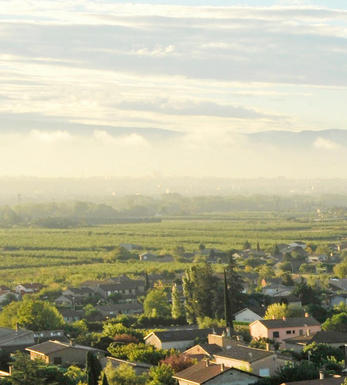
Châteauneuf-du-Pape
The most celebrated village of the Southern Rhône, Châteauneuf-du-Pape is the birthplace of the now indispensable French Appellation d’Origine Contrôlée system – imperfect though it may be. Compared to the Northern Rhône, the vineyards here are relatively flat and often feature the iconic galet pebbles – the precise benefits of which are a source of much debate. Minimum alcohol levels required by the AOC are the highest in France, but at 12.5% it is well below the natural generosity of Grenache, which only achieves its full aromatic potential when it is fully ripe and laden with the resultant high sugars. Syrah and Mourvèdre contribute the other defining elements in the blend, adding pepper, savoury spice and structure to the decadent Grenache. There are a further 10 permitted red grape varieties which can be used to adjust the “seasoning”. Of the five white varieties permitted, it is Grenache Noir’s sibling – predictably perhaps – Grenache Blanc, which dominates, though Roussanne shows a great deal of promise when handled well, notably at Château de Beaucastel.
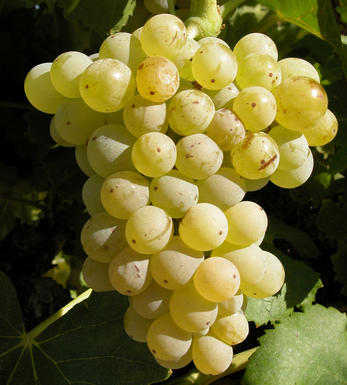
White Rhône Blend
With the exception of the wines from Condrieu and Château-Grillet virtually all Rhône Valley whites are made from blends.
In the north, the white wines of Hermitage, Crozes-Hermitage, St-Joseph, and St-Péray are produced from blends of Marsanne and Roussanne. Generally Marsanne is the dominant partner and it lends colour, body and weight to the blend, as well as richly scented fruit. Roussanne, a notoriously low yielder and pernickety to grow, produces intensely aromatic wines which contribute bouquet, delicacy and finesse to the blend.
Until about 15 years ago there was very little interest in southern Rhône whites as it was widely believed that the combination of dull non aromatic grapes and the baking summer heat meant quality wine production was nigh impossible. Since then the quality has improved markedly through the introduction of cool fermentation techniques and increased plantings of northern Rhône white grapes.
The base of many blends is still Grenache Blanc, a widely planted variety producing fresh wines with apple-like fruits, often with hints of aniseed. Ugni Blanc is still found in many blends, as is Clairette though their general lack of character and definition has led to a reduction in plantings. The future for southern Rhône whites appears to lie with Roussanne, Marsanne, and, increasingly, Viognier.


Buying options
Add to wishlist
Description
Made predominantly from cask-matured Roussanne and tank-aged Clairette, Beauvenir is rich and beautifully textured. The single plot in front of the château yields old vines, exotic fruit and creamy, decadent indulgence.
Simon Field MW - Rhône Buyer
Christian Voeux is better qualified than most when he compares 2013 to the most lauded vintages of the late 20th century. Before taking on the prize job at La Nerthe five years ago, Christian was the highly influential winemaker at Château Mont- Redon for 25 years. The prospect of low yields does not rule out ‘vendanges verte’, he muses, in the same way that cooler temperatures do not mean that the wines will be lacking in structure—QED. Possessing more brioche, honeysuckle, citrus and white flowers, the 2013 Châteauneuf du Pape Clos de Beauvenir Blanc is a more focused, fresh and lively example of this cuvée. Made from a similar blend of 59% Roussanne, 33% Clairette and the balance Grenache Blanc and Bourboulenc aged ten months in 88% French oak, the wine is medium-bodied, elegant and seamless, with terrific length on the finish. This beauty will be better in another year and evolve for a decade or more, although, as always, drinking in the first 3-4 years is always the sound bet.
Jeb Dunnuck - Wine Advocate Issue#215 Oct 2014
wine at a glance
Delivery and quality guarantee